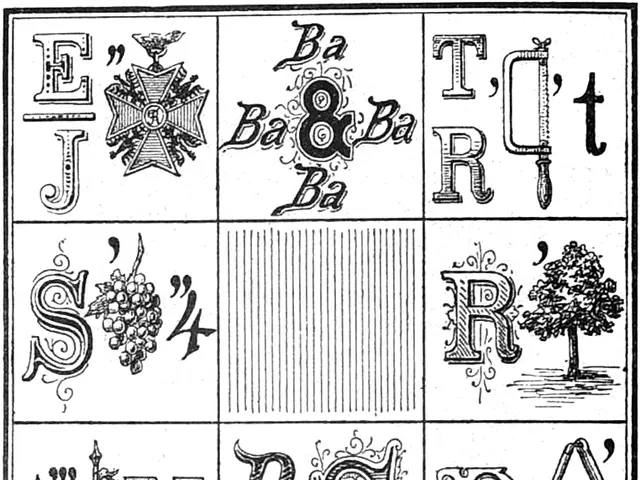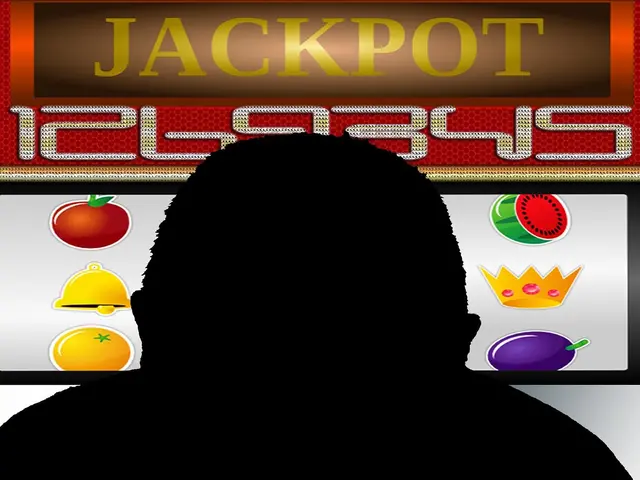Raised gambling taxes in the Netherlands acknowledged to have backfired by the regulatory body
The Dutch Gambling Authority (Kansspelautoriteit) has admitted a mistake in raising the gambling tax rate, as the increase from 30.5% to 34.2%, implemented in January 2025, has failed to generate the expected revenue boost [1][2]. Instead, it caused a significant drop in tax collections and gross gaming revenue (GGR) in both online and land-based markets, leading to a €200 million shortfall in expected revenue for 2025.
This tax hike put considerable financial pressure on gambling operators, forcing them to cut costs by reducing advertising and lowering payout ratios. These moves have driven players towards illegal gambling platforms offering higher bonuses and better odds, undermining the regulatory goal of protecting players and maintaining a safe gambling environment.
The negative outcomes include:
- Decreased revenues for legal operators and the government (tax revenue fell to about 83% of 2024 levels for the first half of 2025) [2].
- Increased player migration to unregulated illegal casinos, risking player protection and safety [1].
- Operators responding by offering worse odds and lower payouts, which further fuels demand for illegal gambling or offshore options [1][3].
KSA Chairman Michel Groothuizen expressed concern that the tax increase was counterproductive to the regulator's mission. The admission was made by Groothuizen in a statement published on the regulator's official website.
Trade groups such as VNLOK have supported the Kansspelautoriteit's early estimates that the tax increase may be counter-productive. VNLOK estimates that this loss will increase to €200m by the end of the year.
Matej Novota, the Head of Casino Research at our website, stated that regulators seeking short-term tax gains risk long-term consequences such as shrinking choices, weakened protection, and a closed market.
The Kansspelautoriteit is one of the few gambling regulators that has actively admitted fault and revisited decisions. The German Gambling Regulator has faced accusations that its policies are leading to the deepening of illegal gambling and sapping the competitiveness of the licensed gambling sector, but the Dutch Gambling Authority has not been implicated in such accusations.
References:
[1] Dutch Gambling Authority (Kansspelautoriteit). (2025). Statement on Gambling Tax Increase. Retrieved from www.kansspelautoriteit.nl
[2] VNLOK. (2025). Impact of Gambling Tax Increase on Dutch Market. Retrieved from www.vnlo.nl
[3] Novota, M. (2025). Regulatory Mistakes and the Future of Gambling Markets. Retrieved from www.ourwebsite.com
- The gambling tax increase implemented by the Dutch Gambling Authority (Kansspelautoriteit) in January 2025, from 30.5% to 34.2%, has resulted in a significant drop in tax collections and gross gaming revenue (GGR) in both online and land-based markets, causing a €200 million shortfall in expected revenue for 2025.
- The increased financial pressure on gambling operators due to the tax hike has led them to cut costs by reducing advertising and lowering payout ratios, resulting in players migrating towards illegal gambling platforms offering higher bonuses and better odds.
- Matej Novota, the Head of Casino Research at our website, stated that regulators seeking short-term tax gains risk long-term consequences such as shrinking choices, weakened protection, and a closed market for the gambling industry.
- The Kansspelautoriteit's admission of fault and revisiting of decisions regarding the gambling tax increase sets it apart from other gambling regulators like the German Gambling Regulator, which has faced accusations leading to the deepening of illegal gambling and sapping the competitiveness of the licensed gambling sector.






